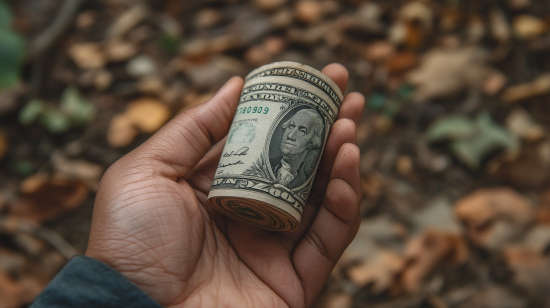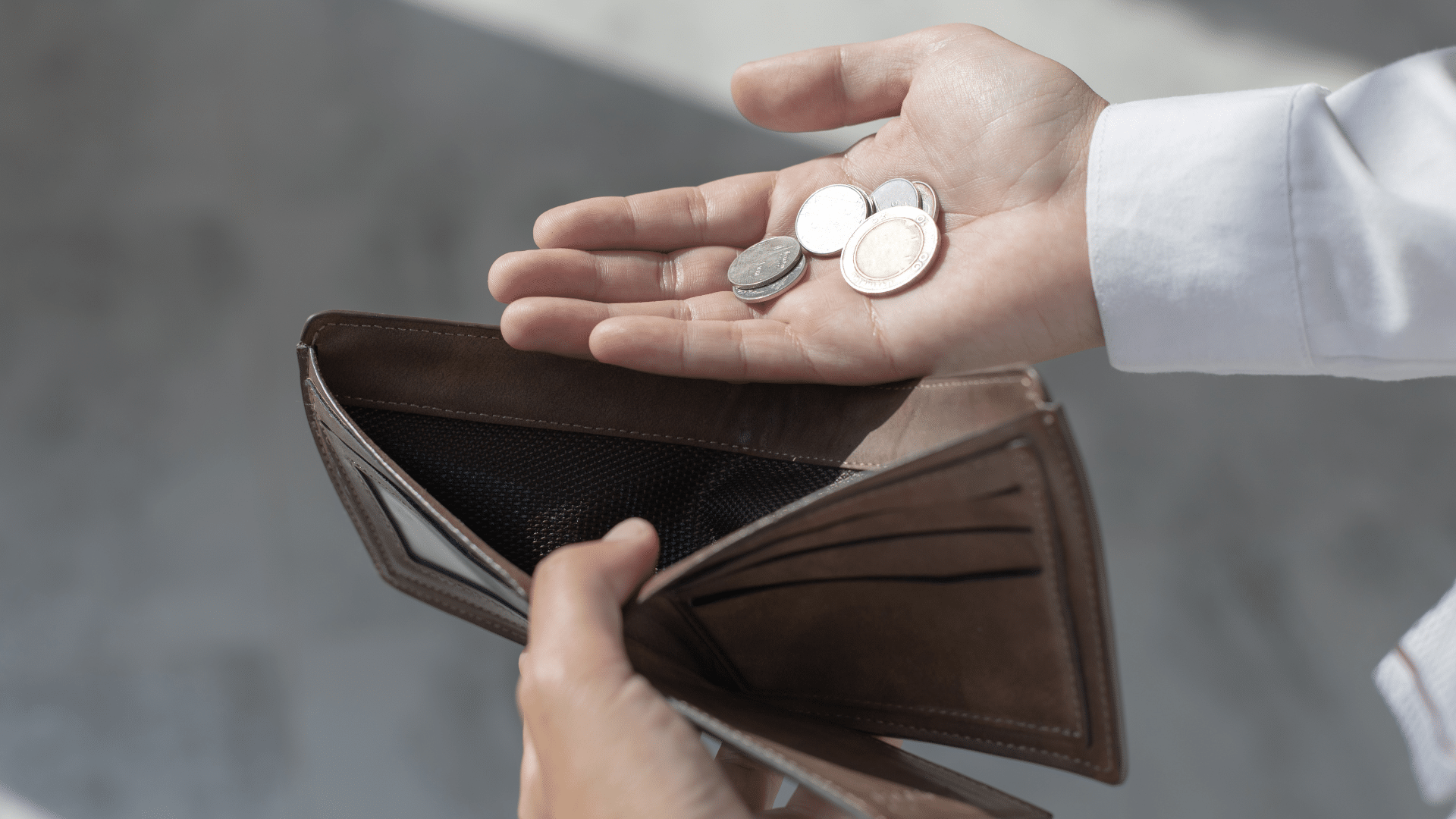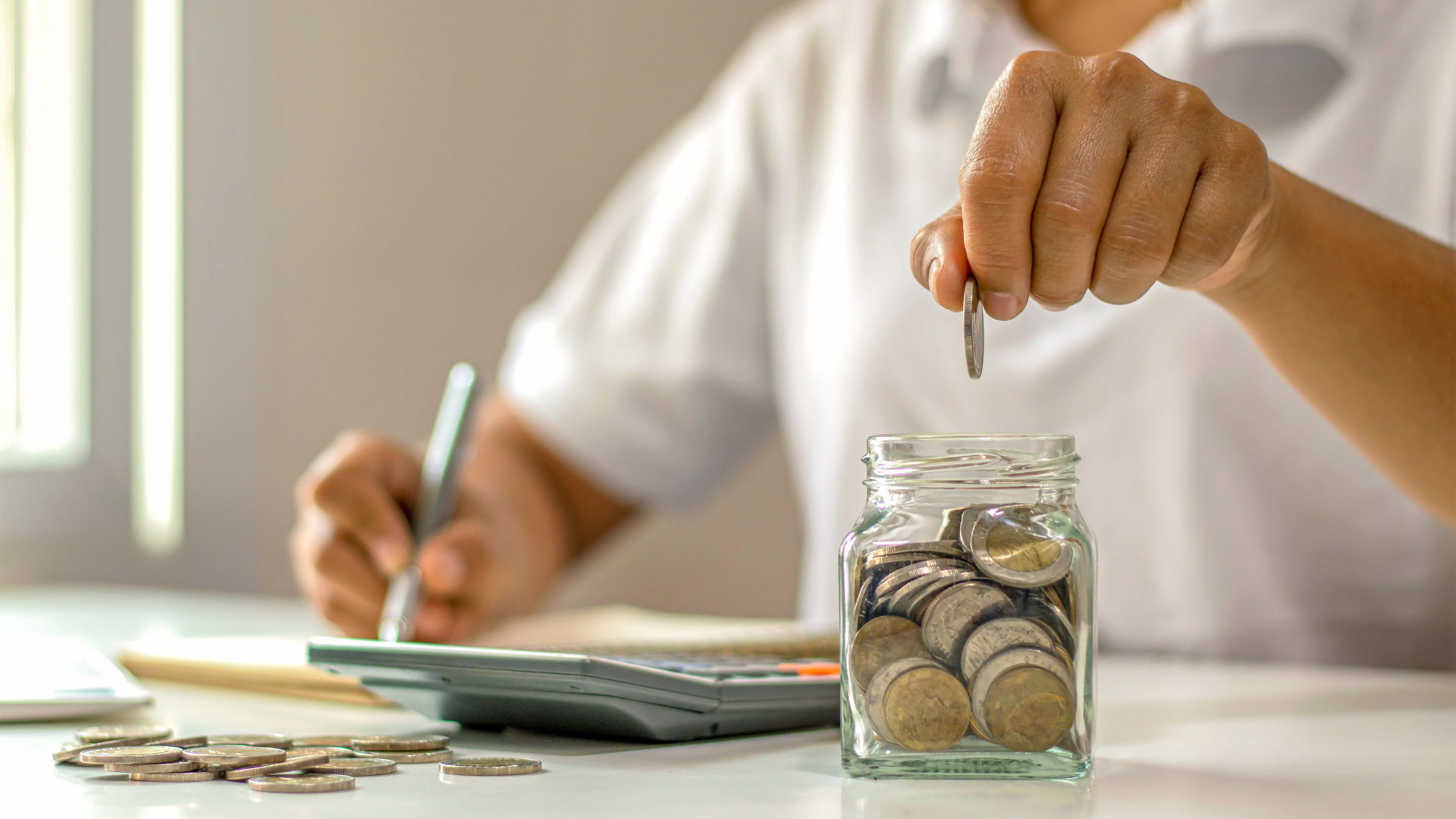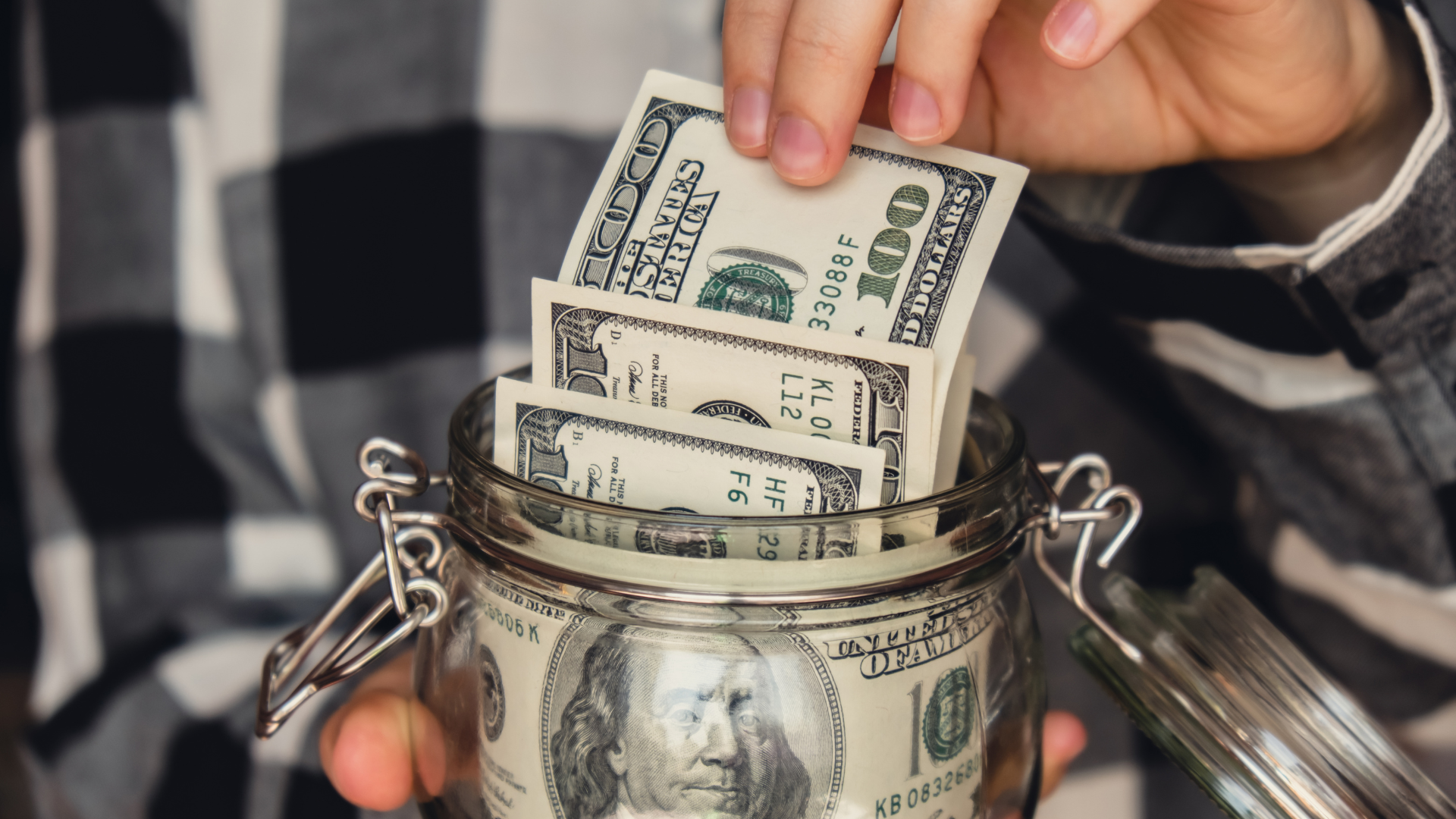How to Save Money on a Fixed Income

Saving Money on a Fixed Income: Smart Budget Tips
Ever wondered how to save money on a fixed income without giving up your lifestyle? Many people face this challenge, especially in retirement. It’s key to develop good financial habits for stability. With costs going up all the time, it’s vital to know how to manage your money well.
This article offers practical tips to boost your savings while keeping your lifestyle intact. We’ll show you how to make the most of your money, even with a fixed income.
Key Takeaways
- Living on 20-25% less than your income is advised for saving.
- Consider downsizing to cut costs on housing and property taxes.
- Use no more than 50% of your take-home pay for must-have expenses.
- Look into side hustles for extra income in retirement.
- Review your spending and saving habits often, especially after big life changes.
- Begin building an emergency fund aiming for $1,000 to cover surprises.
Understanding Your Financial Situation
Knowing your financial situation is key to reaching your savings goals. To manage your money well, you must look at your monthly income and expenses. This helps you budget better and avoid spending too much.
More than 42% of Americans say they treat themselves monthly, while 21% indulge in non-essential spending at least weekly. Understanding your financial strength can help you make more informed decisions to align your spending with your savings
Assessing Your Monthly Income and Expenses
First, list all your income sources, like your job, pensions, or other earnings. Knowing your total monthly income helps you understand your financial health. It also lets you set budgets that are realistic.
Include fixed costs such as:
- Rent or mortgage payments
- Insurance premiums
- Utilities
Then, think about variable costs like food, fun, and leisure activities. This helps you see where you can cut back. It ensures you cover your must-haves while keeping your spending on extras in check.
Cataloging Essential and Non-Essential Expenses
Now, sort your expenses into must-haves and nice-to-haves. Must-haves are things like your home, health care, and bills. Nice-to-haves are things like eating out, movies, and other luxuries.
Knowing what you spend on each, can help you in making smarter choices. Cutting back on luxuries can save a lot of money. Think about saving for fun activities or canceling unused subscriptions.
Managing your spending on both needs and wants helps you save for surprises or emergencies. This makes you feel more secure financially.
How to Save Money on a Fixed Income
Living on a fixed income has its own set of challenges, especially when it comes to managing money. Creating a budget that fits your situation can really help improve your financial health. Organizing your spending and matching it with your income, can save you more while still spending wisely.
Creating a Realistic Budget
First, you need to plan your finances well. Make a budget that covers every dollar you earn and spend. Start with your regular bills like rent and electricity. Don’t forget to include costs that happen now and then, like car upkeep or yearly subscriptions.
Think about using budgeting strategies like zero-sum budgeting. This method makes sure your income minus expenses equals zero. It helps you keep track of your money better.
Prioritizing Savings and Smart Spending
Make saving a top priority in your budget. Unfortunately, 57% of U.S. adults are currently unable to afford a $1,000 emergency expense. Try to save money for an emergency fund that covers three to six months of bills. Begin with a goal of saving $1,000. This helps you be ready for unexpected costs.
Also, spend wisely to save more each month. Cut back on eating out, use coupons for groceries, and choose ad-supported subscription services. These changes can make a big difference in your budget.
Exploring Side Income Opportunities
Looking for extra income can really help. Many people make more money through side jobs like tutoring, crafting, or freelancing. These jobs let you use your skills to earn more and boost your retirement savings. It might be hard to balance these jobs with your daily life, but it’s worth it for the financial benefits.
| Expense Category | Monthly Budget | Savings Potential |
| Housing | $1,200 | N/A |
| Utilities | $200 | N/A |
| Food (Dining Out) | $300 | -$100 |
| Groceries | $400 | -$50 |
| Entertainment | $150 | -$50 |
| Emergency Fund Contribution | $200 | N/A |
Conclusion
Living on a fixed income means you need to plan your money well. This article has shown you how to save more and keep a good life even when costs go up. It’s important to stick to a budget and save money for unexpected costs.
Managing your money well doesn’t mean you can’t enjoy life. Think about using discounts, health insurance perks, and moving to a cheaper area to cut costs. With careful planning, you can make sure you’re financially safe and ready for new chances.
Having a big savings account gives you the chance to try new things, like going back to school or enjoying retirement. Saving a little every day, and keeping an eye on your spending, will make you feel more secure and happy in your retirement.
FAQ
How can I assess my monthly income accurately?
To get an accurate monthly income, list all your income sources. This includes your salary, pensions, and social security. Don’t forget any extra income you have.
What should I include in my fixed expenses?
Fixed expenses are regular costs like rent, insurance, utilities, and basic living expenses. These costs stay the same every month, making budgeting easier.
How can I categorize my expenses effectively?
Begin by sorting your expenses into essential and non-essential. Essential costs are for things you need like housing and health care. Non-essential costs are for things you want, like eating out or entertainment.
What strategies can I use to create a realistic budget?
Start by matching your expenses with your monthly income. Make sure to include both regular and variable costs. Also, set aside 15-20% for savings. Update your budget as your costs change.
Why is prioritizing savings important on a fixed income?
Saving money on a fixed income helps you deal with unexpected costs. Having an emergency fund for 3-6 months of expenses keeps your finances safe during tough times.
How can I maximize savings without compromising my lifestyle?
To save more, cut back on things you don’t need like unused subscriptions or eating out too much. Look for deals and use public transport to save money on bills.
What side income opportunities are available for seniors?
Seniors can try part-time jobs, freelancing, or making money from hobbies like tutoring or crafting. These options give extra cash and flexibility with your life.
How can I manage my fixed income effectively to maintain financial stability?
Manage your income by making a budget that fits your income and expenses. Focus on saving, find more ways to earn, and check your finances often to adjust as needed.






